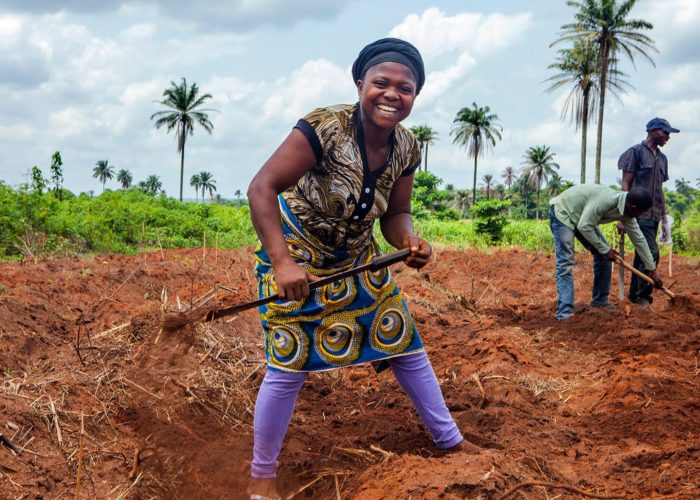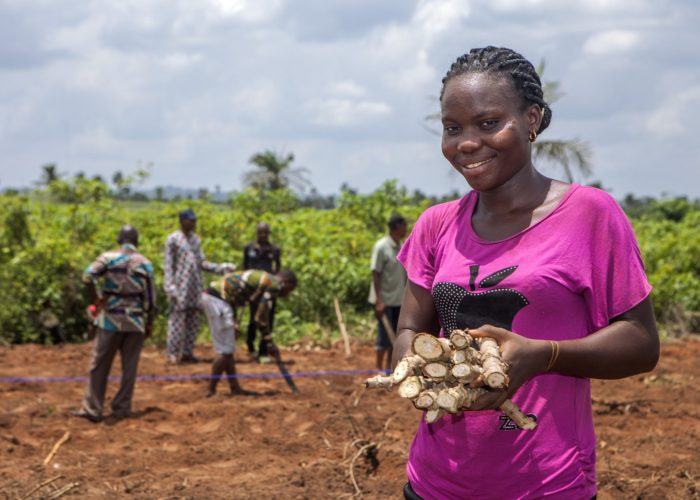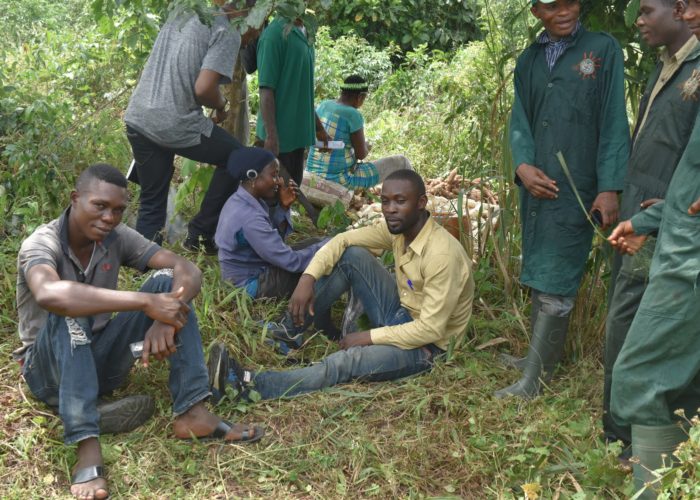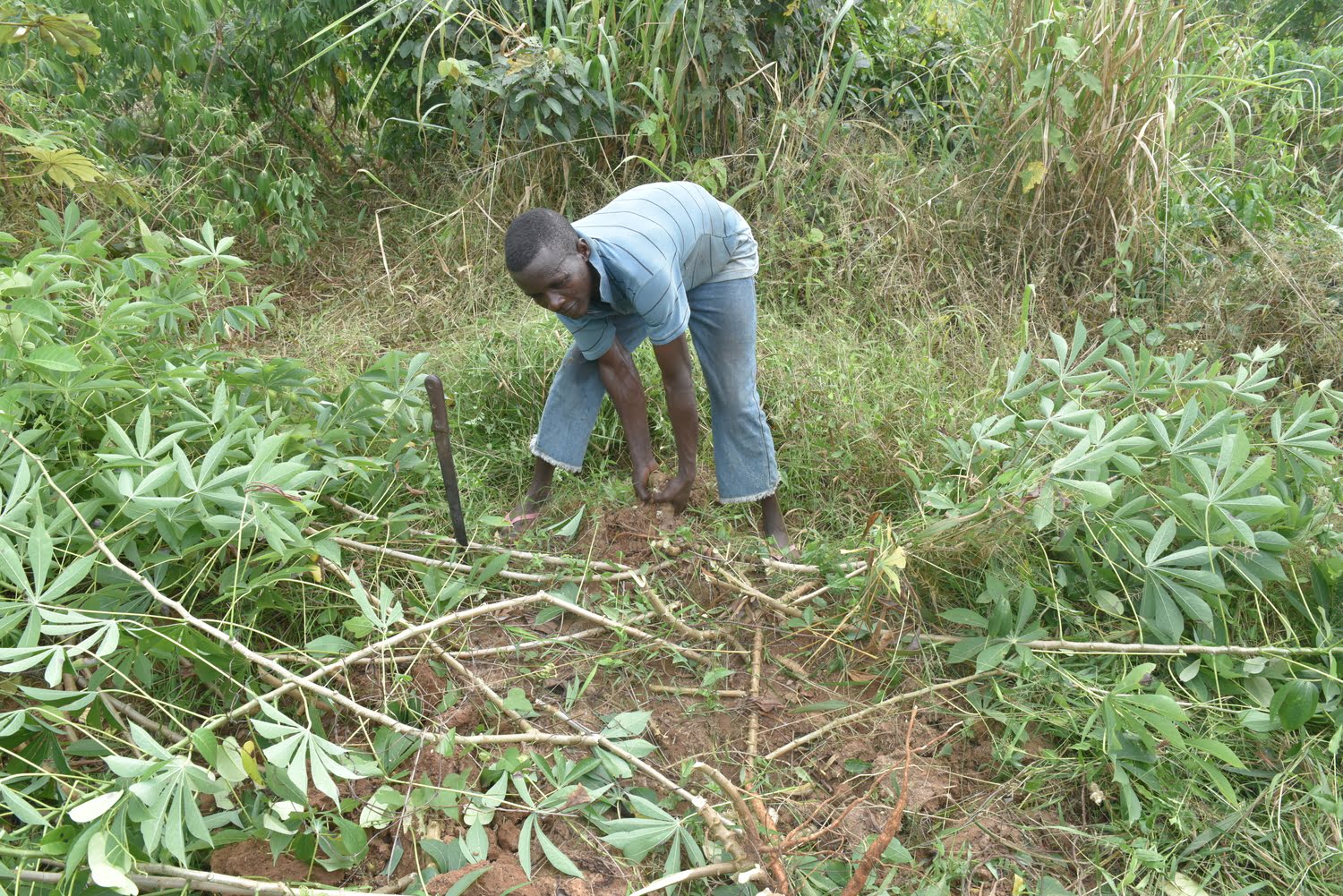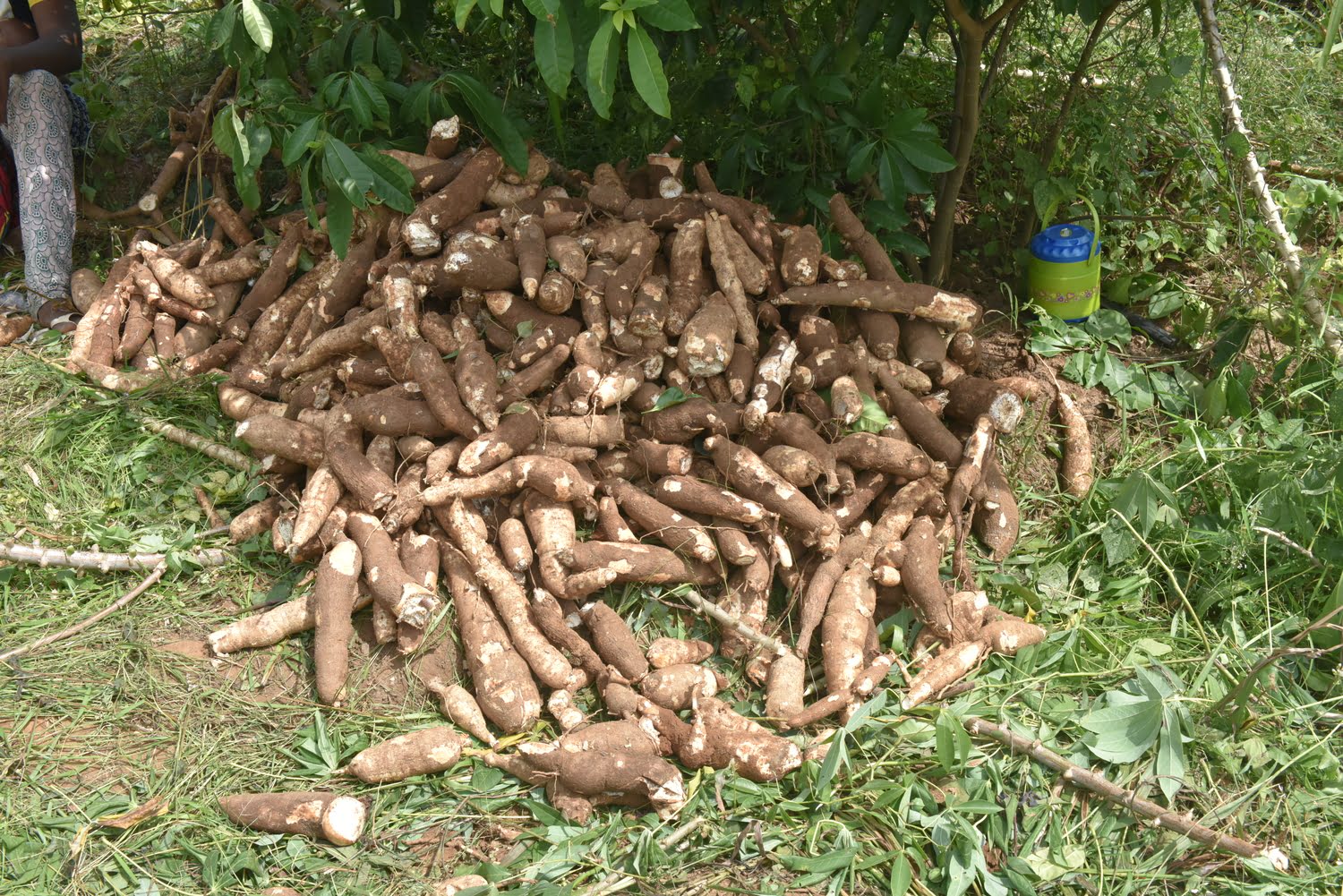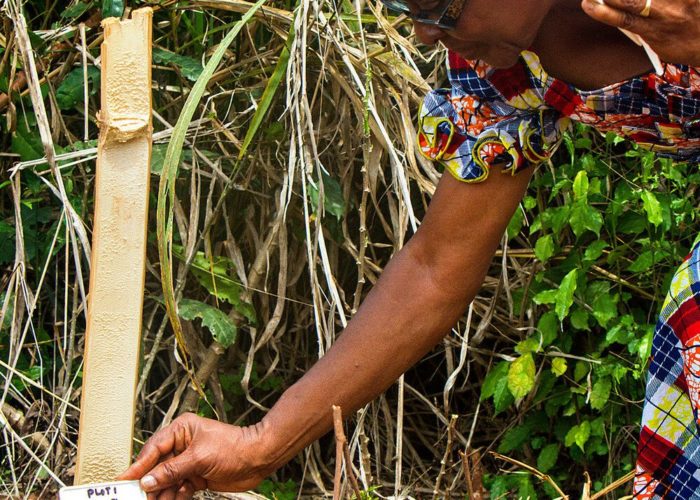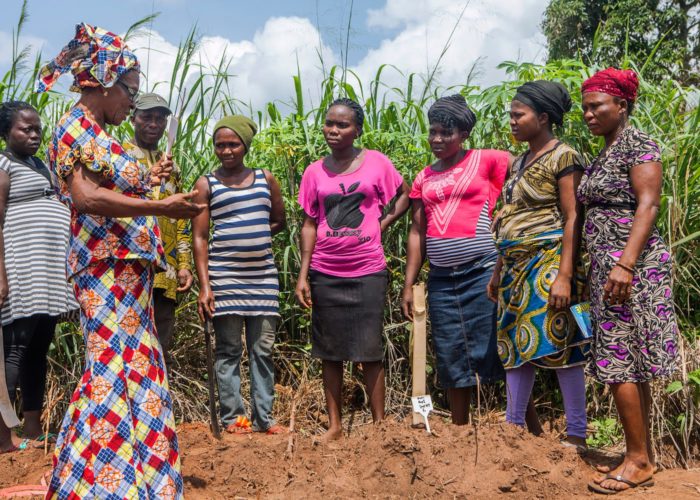In the first half of 2024, PIND Foundation, in collaboration with the CARA Development Foundation, embarked on a transformative journey to elevate the cassava sector in the Niger Delta region. This initiative, marked by strategic interventions and adaptive responses, illustrates a dedicated effort to enhance agricultural practices and drive economic sustainability in Nigeria’s Niger Delta region.
The year 2024 commenced with targeted interventions in Bayelsa. CARA team, in partnership with PIND’s farm service provider, Bari Endurance, conducted foundational training in good agronomic practices (GAP) for 58 cassava farmers, consisting of 16 men and 42 women. This initial training was a step in building the capacity of smallholder farmers and setting the groundwork for a broader impact. To ensure the credibility of the outreach, the team meticulously verified 30% of the attendance records.
The team also expanded its network by identifying six potential grantees and 12 new service providers, including Farm Service Providers (FSPs) and Cassava Seed Entrepreneurs (CSEs). This strategic expansion was crucial for enhancing the program’s reach and efficacy. Additionally, the CARA team completed a comprehensive milestone report and engaged in a strategy review meeting, aligning their efforts with the foundation’s overarching development goals.
February saw a significant scaling of the initiative. The CARA team reached 2,288 cassava farmers across 39 locations in the Niger Delta in Abia, Akwa Ibom, Bayelsa, Calabar, Delta, Imo and Ondo. Supported by 39 service providers, the training sessions were designed to address critical areas such as soil management, weed control, and market opportunities, strategically timed to align with the planting season and rainfall. To overcome challenges such as limited land availability and resistance to verification, the team employed innovative solutions, including alternative farming methods and proactive engagement with farmers.
Meanwhile, March marked a period of significant expansion as the initiative reached Akwa Ibom, Cross River, Edo, and Imo states, training a total of 1,203 farmers, which included over 535 men and 668 women in Good Agricultural Practices. The establishment of a demonstration farm in Cross River State provided a tangible example of the benefits of these practices. By the end of March, the program had engaged 3,491 farmers. The team effectively navigated challenges such as poor mobilization and weather-related disruptions by rescheduling sessions and utilizing community gatherings to boost engagement.
In April, the initiative continued to gain momentum, training 2,396 farmers across Delta, Edo, Akwa Ibom, Cross River, and Imo states. By the end of April, a cumulative total of 5,887 farmers had participated in the program. Despite challenges such as high input costs and varying levels of engagement, the adoption of GAP practices was met with enthusiasm, highlighting the program’s success in driving agricultural improvement.
May and June were marked by continued progress and consolidation. In May, the CARA team trained 706 farmers in Akwa Ibom and Imo states, aligning sessions with community meetings to ensure high attendance. Despite initial resistance and technical challenges, the training had a significant impact, including identifying 18 Community Service Extensionists (CSEs) for further training.
June concluded the planting season with 355 farmers in Akwa Ibom, Ondo, and Imo states participating in GAP training. The team’s ability to address challenges such as skepticism and scheduling conflicts demonstrated their adaptability and commitment. By the end of June, the program had reached a total of 6,948 farmers, reflecting the extensive impact of the initiative.
The first half of the year provided critical insights into advancing the cassava sector. Effective strategies included engaging community leaders and leveraging existing meetings to maximize participation. However, delays in administrative processes highlighted areas needing improvement. Addressing these challenges will be essential for sustaining the program’s success and driving development in the cassava sector.
The collaborative efforts of the PIND Foundation and CARA Development Foundation have significantly advanced cassava farming practices in the Niger Delta. The positive feedback from farmers and the successful execution of training sessions underscore the initiative’s impact. A continued focus on streamlining administrative processes and responding to farmers’ evolving needs will be crucial for building on these achievements and fostering further growth in the sector.

